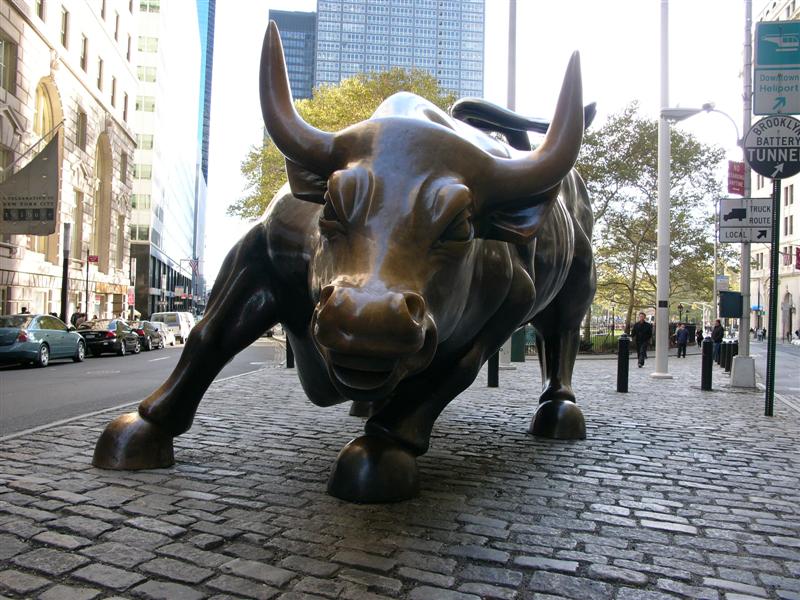Banks and financial institutions hate regulation. It is cumbersome, costly to adhere to, and costly to circumvent. In this HuffPost blog post, Denis Kelleher outlines the five fronts on which Wall Street has been fighting government attempts to regulate banks. Big banks have largely been successful in fighting off costly regulation. In my forthcoming book published by Cambridge University Press, I advocate either total regulatory lock-down of the banking system or no regulation. In the case of the latter, governments would also have to credibly commit to not bailing out banks when they get into trouble. The mishmash of complex rules we have today isn't fit for purpose. After all, this system didn't prevent the 2008 crisis!
Michael Aldous and I had our book The CEO: The Rise and Fall of Britain's Captains of Industry published a few weeks ago. You can find out more about it and buy it at Cambridge University Press's website . It is also available at Amazon , Waterstones , and Barnes & Noble . The CEO has already been reviewed in The Sunday Times , The Observer and Financial Times .
